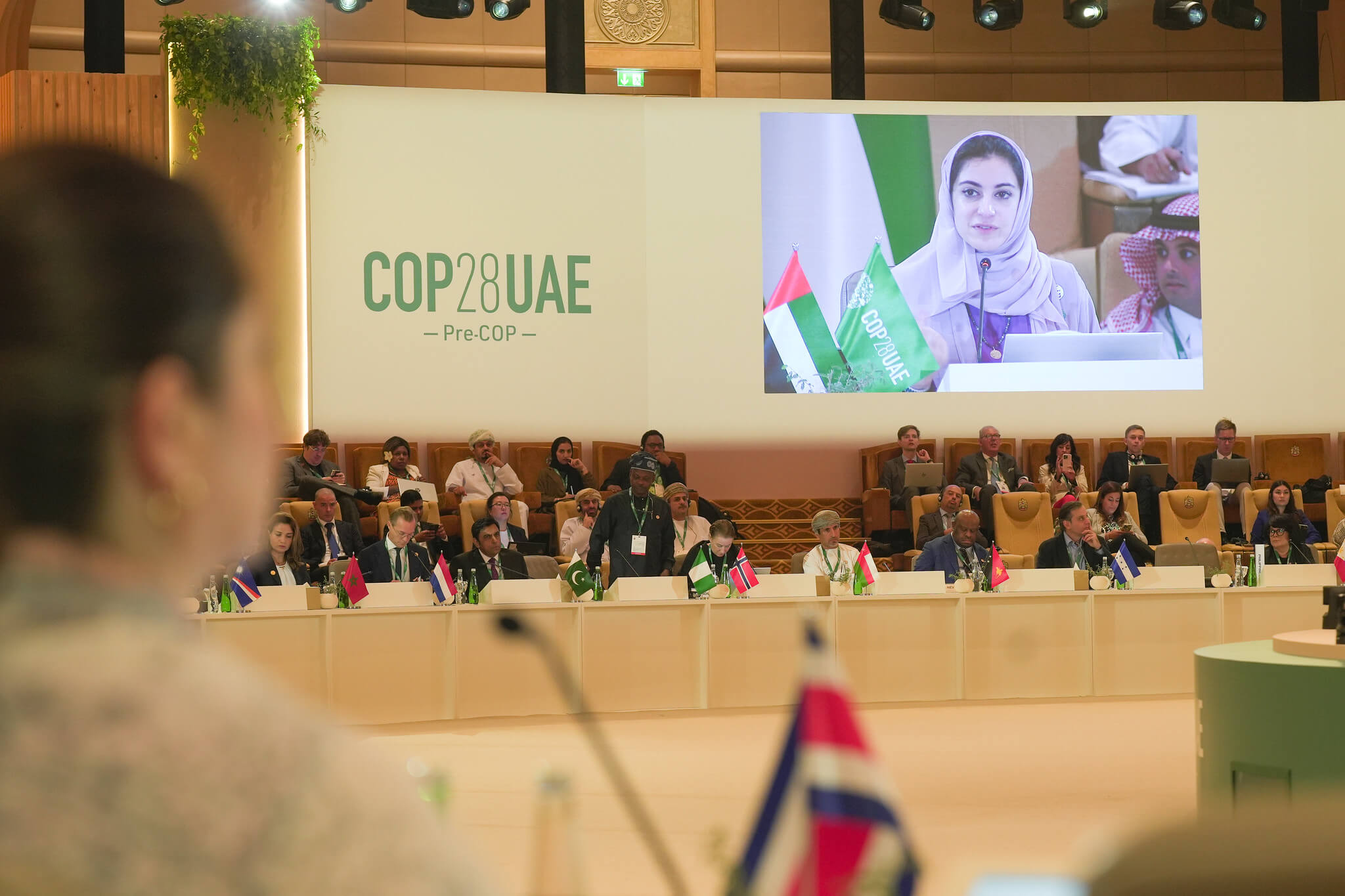In response to the official call for inputs for the first global stocktake (GST), the independent Global Stocktake (iGST) consortium has submitted its first input to the formal GST process.
The iGST is a community of analysts and advocates that have been following the development of the formal global stocktake since forming in 2018. We appreciate all of the careful work that has gone into the GST to date, and hope that our submission can offer useful insights and data to fill remaining gaps as the process moves forward.
The iGST submission lays out a set of problem statements from the independent community that may help advance dialogue around these key issues, and a set of recommendations under each thematic area which we encourage the GST to take up. Centered around remaining areas of complexity that would benefit from dialogue during the GST, these include:
Equity
- To conduct the GST “in light of equity” it will be essential to set its scope appropriately. In addition to finding ways of including all of mitigation, adaptation, loss and damage, finance and support, and capacity building, the GST will need to find ways of accommodating the dynamic nature of global goals for adaptation and loss and damage as these are dependent on global achievements across mitigation, finance and support, and capacity building.
- The GST must open into high-quality assessments in the light of equity. This means that, though the GST outcomes are themselves mandated to be collective, the GST will need to create a context within which the global community can move towards a shared understanding of the principles and benchmarks appropriate to assessing the equity, and inequity, of individual national pledges and individual national actions. The challenge of just differentiation, after all, has not gone away.
Adaptation
- The GST must address the understanding of ‘adequate and effective’ adaptation in relation to the Global Goal on Adaptation, and in order to be able to measure against it in future GSTs.
- The GST must consider how best to integrate non-state actor adaptation data such as that from the private sector. This type of data is currently largely absent from country submissions to the GST; how should the GST integrate this information to create a holistic view of existing efforts, and to increase ambition?
Means of implementation and support
- The GST will need to address a number of quantitative and qualitative aspects of climate finance. Poor clarity on the scope of climate finance has led to ongoing frustration and tension for both developed and developing country Parties. Going beyond the definition and amounts of climate finance, the technical phase of the GST will need to transparently address, for example, if climate finance is meeting developing countries’ needs in order to implement the long-term goals of the Paris Agreement, if access modalities are appropriate, and the impact finance is having on developing countries’ debt sustainability and development progress.
- The GST must surface the perceptions of fairness and justice in climate finance provision and access. Equity is and will remain critically important to the functioning of the ambition, or ratchet mechanism of the Paris Agreement. The technical phase of the GST will need to establish an evidence base for loss and damage finance, define principles of just transition financing, and explore how means of implementation and support can accelerate climate-consistency of broader finance flows without detracting from minimum quantified support commitments of developed countries, or putting undue conditions on support; key finance sub-topics that place differing obligations and expectations on Parties.
Mitigation
- Global-scale, techno-economic mitigation information–which is broadly available–has dominated the current stocktaking conversations. Societal and institutional factors at the country-level are essential to enhancing climate ambition and action. However, this type of information is under-represented in the GST. The focus on the more widely available techno-economic data may hinder the effectiveness of the GST by supporting incomplete or biased conclusions.
- Bottom-up, in-country assessments of mitigation needs–including those from subnational and non-governmental actors–are important complements to top-down national or global evaluations, but are insufficiently incorporated in the formal stocktake process. Current efforts to measure global mitigation progress and ability to achieve mitigation success are also largely driven by developed-country institutions, and therefore lack developing-country perspectives on climate mitigation and development.
In addition to formally submitting this document to the UNFCCC for consideration in the Global Stocktake, for full transparency with our wider community we are making it available for download here. We also intend to supplement this submission with more specific data and recommendations for the second and third technical dialogues, depending on the needs articulated as an outcome of the first dialogue.
The iGST recognizes that there are ways in which the formal process will be constrained, given already-negotiated points such as the mandate to assess ‘collective’ global progress. We hope that the iGST can continue to be a platform for work that goes beyond the constraints of the formal process, to push for bold climate action on the timeline needed to achieve the goals of the Paris Agreement.
We look forward to continuing to engage in the formal process and with the wider independent community over the coming two years. To stay connected to our work, sign up for our mailing list here.

